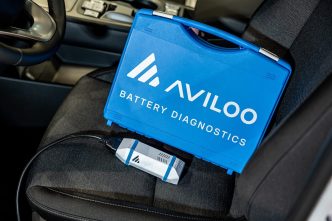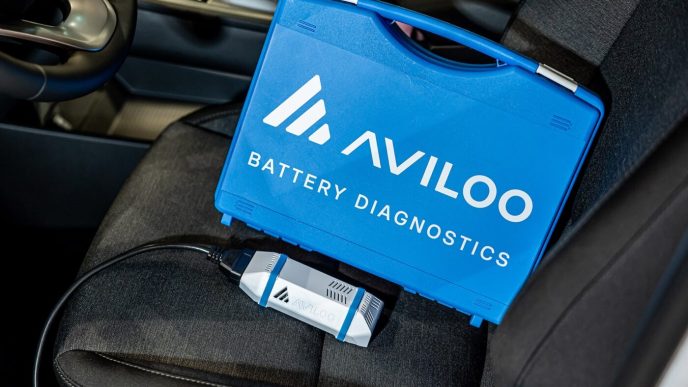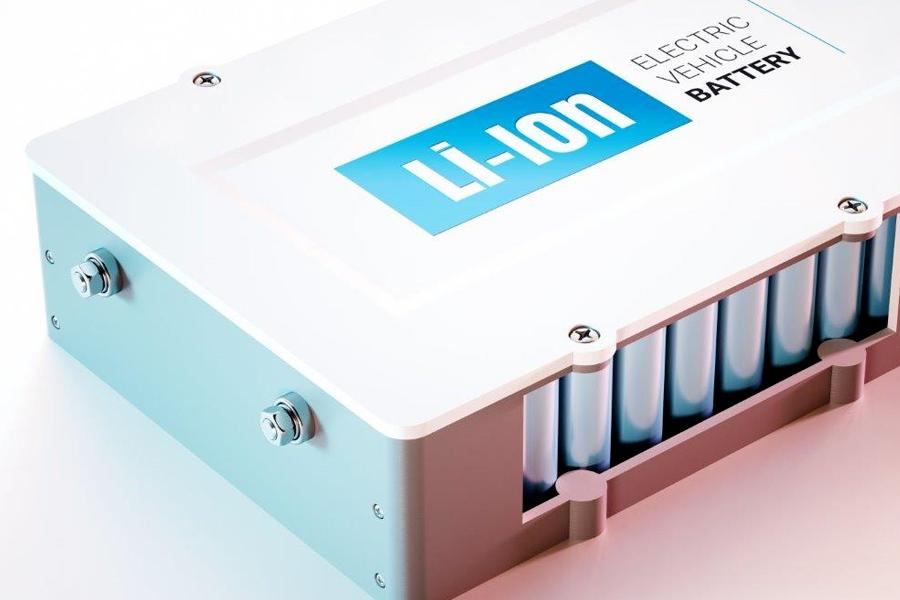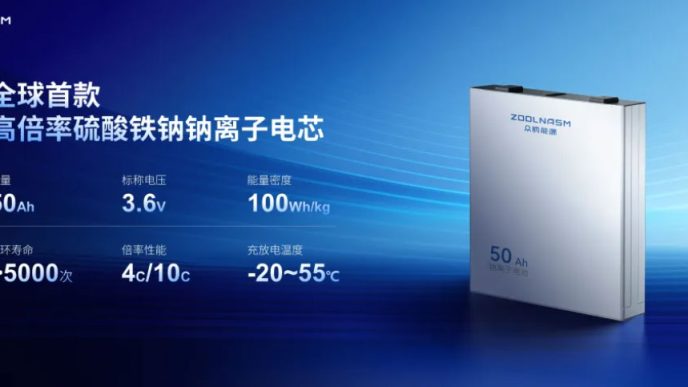Researchers from Germany’s Technical University of Darmstadt and the Massachusetts Institute of Technology (MIT) have unveiled a breakthrough in battery safety.
The team has developed an approach that merges machine learning with basic physical models to detect early faults in lithium-ion battery systems. “Faults in individual battery cells can lead to serious problems such as fires,” explained experts from TU Darmstadt’s Institute of Automation Technology and Mechatronics.
Their method employs recursive Gaussian processes, which allow for real-time monitoring by quickly processing extensive data. “These recursive methods can be applied in real-time and efficiently process large amounts of data, enabling continuous online monitoring of battery systems in the future,” the researchers noted.
The study, based on a unique dataset of 28 faulty battery systems provided anonymously by a research partner, offers insights into the behavior of 224 lithium-ion cells, capturing over 133 million data points.
According to the team, the findings emphasize that typically, a single cell often causes a fault in an entire system. This new approach, published in Cell Reports Physical Science, is expected to improve battery safety and longevity by providing continuous, online monitoring.
Source: tu-darmstadt.de










